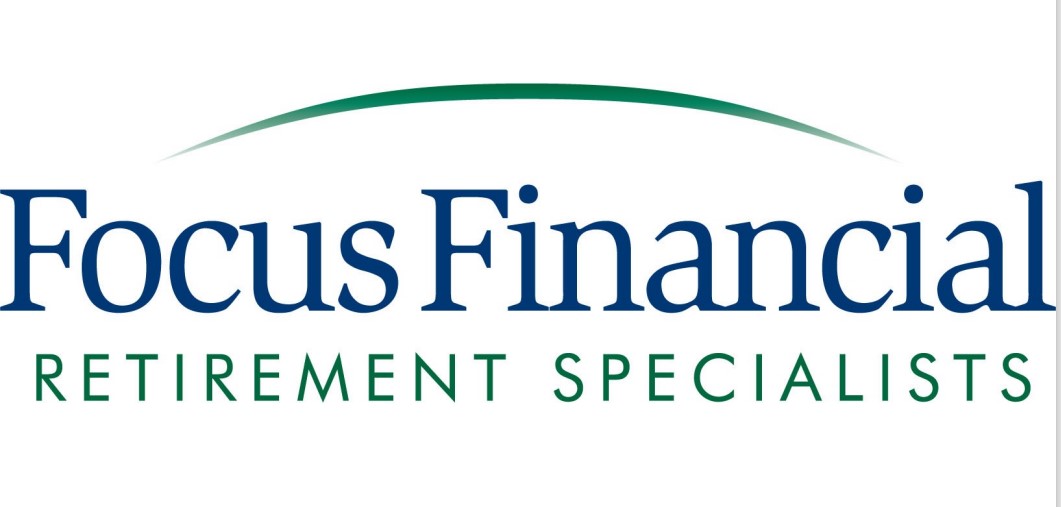Do you feel like you spent the last year gripping the steering wheel and waiting to see what would happen? You aren’t alone. Still, as we collectively look ahead and the chaos wanes, bits of good news are emerging.
In the investing world, 2020 was a year of records and firsts. The Dow Jones Industrial Average closed out the year at well over the 30,000 mark, setting a new record high as it increased more than 7% from the beginning of the year.
And right on the heels of that good news comes the annual survey from the Profit Sharing Council of America (PSCA). Based upon 2019 data — the most recent available — and released in December of 2020, the PSCA 63rd annual survey showed some record-breaking statistics. This industry-leading survey is eagerly anticipated each year because of the wealth of information presented and the large number of plans involved.
According to the report, 2019 was the third year in a row when new records were set in contribution and participation. More than 90% of employees eligible to participate had a balance in the plan, and nearly the same percentage (87.3%) of eligible employees contributed during the year — an increase from the previous year’s record high of 84.2%. On average, participants are contributing 7.6% of their pay, whereas their employers put in an average of 5.3% of pay, also hitting a new high. Between the two, participants were adding 12.9% of pay in 2019.
Roth accounts, target date funds among design trends
There were some notable changes in plan design trends for 2019. The availability of Roth accounts within 401(k) plans climbed during the year, reaching 75.1%. There has been a steady increase in the availability of Roth accounts over the last decade, rising from 45.5% in 2010. More than one-quarter of employees took advantage of the availability of Roth accounts in 2019, reaching 26.4%, an increase of 3.4% from the prior year.
In 2019, 80% of plans offered a target date fund, which is a significant increase from 2018 when 68.6% made them available. One investment trend that seemed to lose a little traction was in the socially responsible investment (SRI) arena. ESG, or environmental, social, governance and SRI investments accounted for less than 0.1% of plan assets in 2019, and fewer than 3% of plan sponsors responding to the survey reported including such options on their investment menu — representing a slight decrease from 2018. The smallest plans, those with 50 or fewer participants, and the largest — with more than 5,000 participants — were most likely to offer ESG/SRI options: 4.2% of the largest plans and 4.4% of the smallest had them on the menu.
There is much more information available from the PSCA report. You can purchase a copy on the PSCA website.
The Dow Jones Industrial Average is an unmanaged index which cannot be invested into directly. Past performance is no guarantee of future results.The target date is the approximate date when investors plan to start withdrawing their money. The principal value of a target fund is not guaranteed at any time, including at the target date. Socially Responsible Investing (SRI) / Environmental Social Governance (ESG) investing has certain risks based on the fact that the criteria excludes securities of certain issuers for non-financial reasons and, therefore, investors may forgo some market opportunities and the universe of investments available will be smaller.
This information is not intended as authoritative guidance or tax or legal advice. You should consult with your attorney or tax advisor for guidance on your specific situation. Kmotion, Inc., 412 Beavercreek Road, Suite 611, Oregon City, OR 97045; www.kmotion.com ©2021 Kmotion, Inc. This newsletter is a publication of Kmotion, Inc., whose role is solely that of publisher. The articles and opinions in this publication are for general information only and are not intended to provide tax or legal advice or recommendations for any particular situation or type of retirement plan. Nothing in this publication should be construed as legal or tax guidance; nor as the sole authority on any regulation, law or ruling as it applies to a specific plan or situation. Plan sponsors should consult the plan’s legal counsel or tax advisor for advice regarding plan-specific issues.
